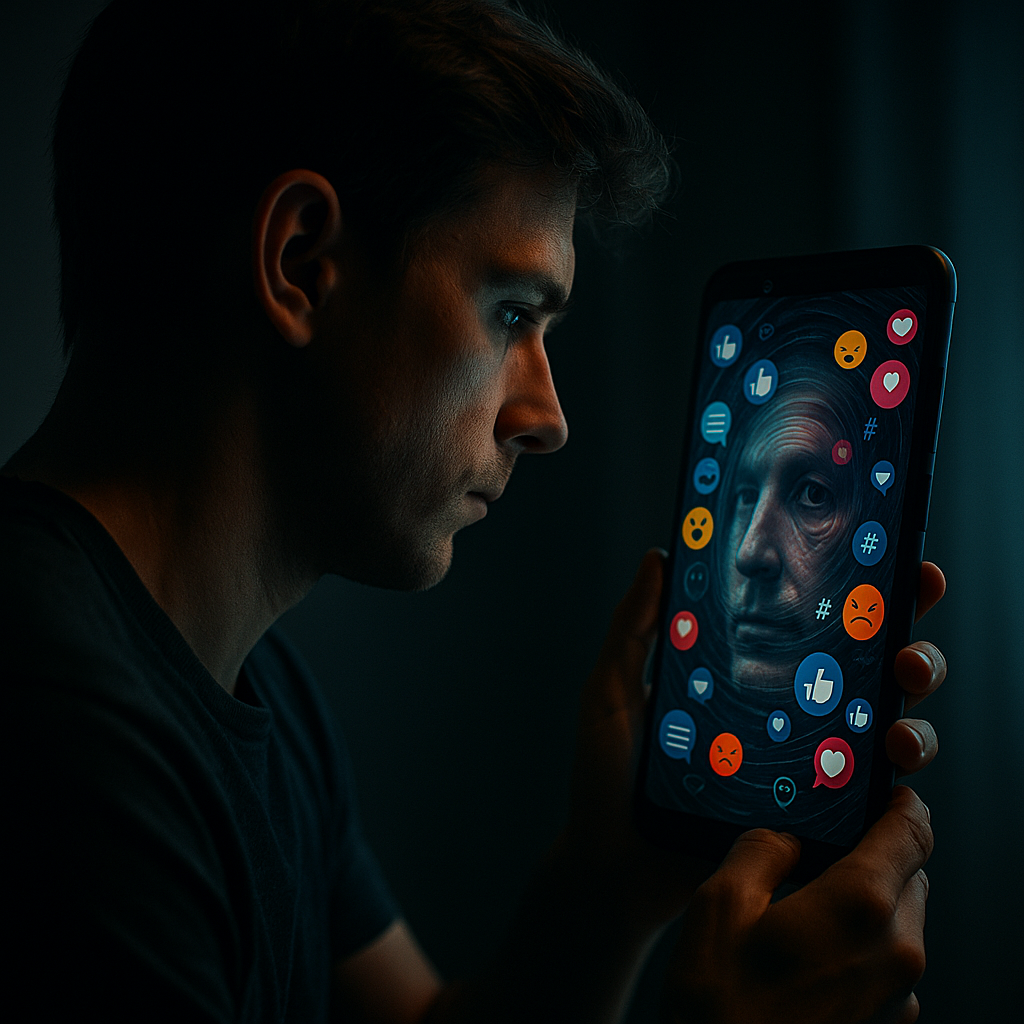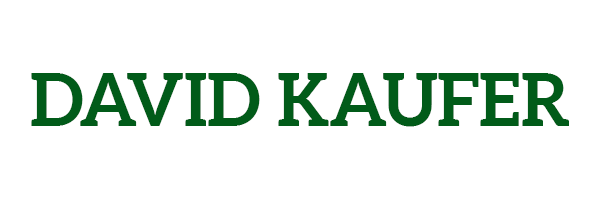There’s a truth I keep coming back to, one that’s uncomfortable to admit and even harder to escape: I am not immune to confirmation bias. None of us are. It’s not just a flaw in “other people,” or the ones we disagree with, or the caricatures that show up in our feeds. It’s a human tendency – older than language, deeper than politics, baked into our survival instincts.
What’s new is the world we’re operating in. The stakes feel higher, the volume is louder, and the platforms we rely on to understand the world are deliberately engineered to amplify the parts of us most likely to take shortcuts. The modern information environment isn’t passive background noise; it’s an active participant in our thinking. And it’s disturbingly good at pushing confirmation bias from a cognitive habit into a cultural force.
The verdict is clear: social media hasn’t just accelerated confirmation bias. It has industrialized and refined it to a new level.
We’re living inside systems built to reward emotional certainty and punish intellectual humility. Every swipe, like, share, and retweet is a tiny nudge toward the familiar, the agreeable, the validating. The algorithm DOESN’T CARE if something is true; it only cares if it keeps you scrolling or engaging. It cares if it keeps you angry, righteous, or self-assured. The platforms know what we rarely admit: being right feels good. Being challenged feels like friction. And friction slows engagement.

That’s the trap.
When you combine that with a political era defined by divisiveness – particularly the identity-fueled ecosystem around Trump and the right-wing media sphere – confirmation bias doesn’t just flourish; it becomes weaponized. The right learned early how to mobilize grievance, distrust, and “us vs. them” framing as identity glue. The result is a self-sealing belief system: anything that confirms the narrative is proof, and anything that challenges it is enemy propaganda.
But here’s the part that matters if we want honesty instead of comfort: the left isn’t immune either. No one is. I’ve caught myself scrolling past information that contradicts what I already believe. I’ve felt that little jolt of satisfaction when something validates my worldview. I’ve felt resistance rise up when something doesn’t. That resistance isn’t reason—it’s neurology. And it takes real effort to interrupt it.
This is the piece I don’t want to gloss over. I can talk about misinformation, extremism, and the structural problems of our polarized age all day. But none of that changes the quieter, more personal truth: if I don’t actively challenge my own thinking, I become part of the problem I’m trying to address.
Critical thinking is uncomfortable by design. It demands friction. It requires us to sit in that uneasy space between “I believe this” and “I might be wrong.” It asks us to tolerate ambiguity, evaluate evidence, slow down, and interrogate our own assumptions. In a world built to reinforce our views, critical thinking is an act of rebellion.
It is the opposite of a “hot take” and we desperately need more of it.
Not the kind of critical thinking people love to preach while exempting themselves. Not the weaponized version where “be critical” really means “don’t believe anything that contradicts my perspective.” I’m talking about the real thing: the discipline of questioning our own snap judgments, the humility to acknowledge our blind spots, and the willingness to consider that our first reaction is not always the most accurate one.
It matters because confirmation bias has consequences far beyond social media debates. It shapes policy. It shapes healthcare. It shapes how we treat marginalized communities—especially nonspeakers and autistic individuals whose entire lives are interpreted through the assumptions of people in power. When professionals start with the belief that a nonspeaker “can’t possibly understand,” every piece of evidence is filtered through that lens. Bias informs diagnosis. Diagnosis becomes doctrine. Doctrine calcifies into system.
Breaking confirmation bias isn’t a nicety. It’s a responsibility.
And yet… critical thinking is slow. It’s inconvenient. It interrupts our momentum, our certainty, our emotional gratification. Which is exactly why it’s now a form of moral courage.
I wish I could say I do this flawlessly. I don’t. I’m still learning how to pause instead of react, how to examine why I believe what I believe, and how to stay flexible in a moment where everyone is being nudged toward rigidity. I’m learning how to ask, “What if I’m missing something?” not as a sign of weakness, but as a sign of strength.
Because if we want a world that isn’t governed by outrage, disinformation, and identity-driven narratives, the work starts internally. With each of us noticing when we’re being seduced by the comfort of agreement. With each of us choosing curiosity over certainty. With each of us making room for nuance, even when nuance doesn’t trend nor feel as righteous.
We don’t have to surrender to the algorithmic currents we’ve been swimming in. We can interrupt them. We can widen our aperture. We can cultivate the kind of thinking that doesn’t just confirm what we already know, but actually expands what we’re capable of seeing.
That’s the invitation I’m offering, to myself as much as anyone reading this:
Pause.
Breathe.
Ask questions.
Entertain other possibilities.
Don’t assume your feed reflects the world.
And when something feels immediately, satisfyingly “right,” that’s the perfect moment to lean in and look closer.
The world is too complex, too interconnected, and too high-stakes for us to navigate it on autopilot. Critical thinking may be uncomfortable, but comfort was never the goal. Truth, clarity, and connection are.
And those require more of us.
They always have.
They always will.
